December 10, 2019
Third of workers at small businesses are not happy with their jobs
 Over a third of employees (39 percent) at small-to-medium sized (SMB) businesses in the UK are unhappy with their jobs and 36 percent believe their employer does too little to retain them, according to new research from People First, the HR solutions provider. Exploring the attitudes of 250 bosses and 250 employees across the UK, the research found a major difference in outlook as more than eight-in-ten (86 percent) SMB bosses believe they have happy workforces. When asked to rate out of ten the scale of engagement among employees at their companies, 77 percent of these bosses said it was between eight and ten, with ten being the most content and engaged. More →
Over a third of employees (39 percent) at small-to-medium sized (SMB) businesses in the UK are unhappy with their jobs and 36 percent believe their employer does too little to retain them, according to new research from People First, the HR solutions provider. Exploring the attitudes of 250 bosses and 250 employees across the UK, the research found a major difference in outlook as more than eight-in-ten (86 percent) SMB bosses believe they have happy workforces. When asked to rate out of ten the scale of engagement among employees at their companies, 77 percent of these bosses said it was between eight and ten, with ten being the most content and engaged. More →





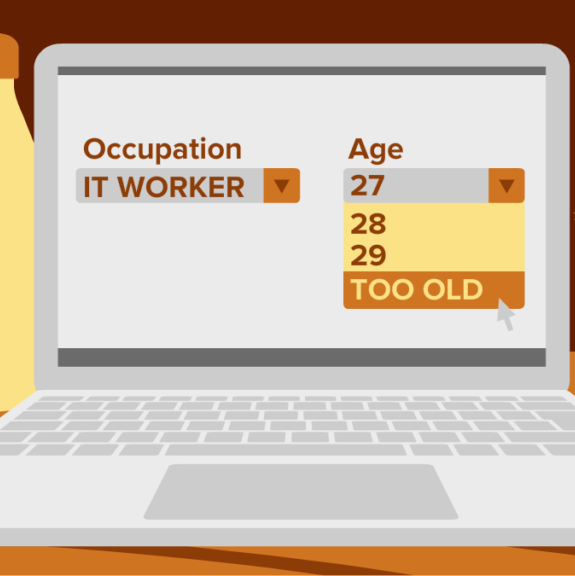
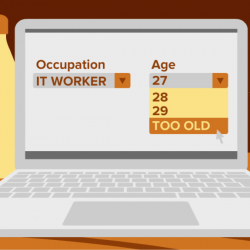










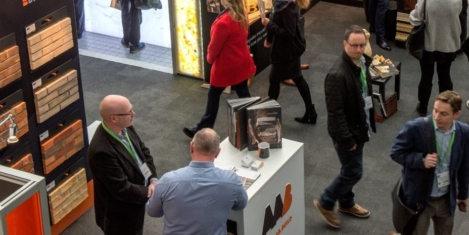
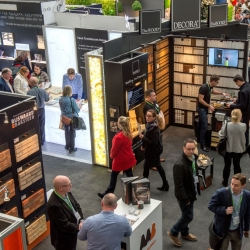




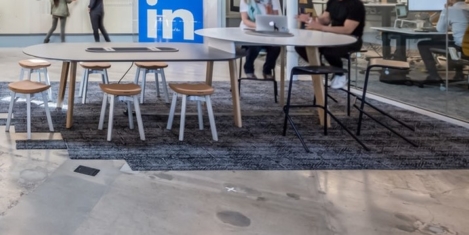
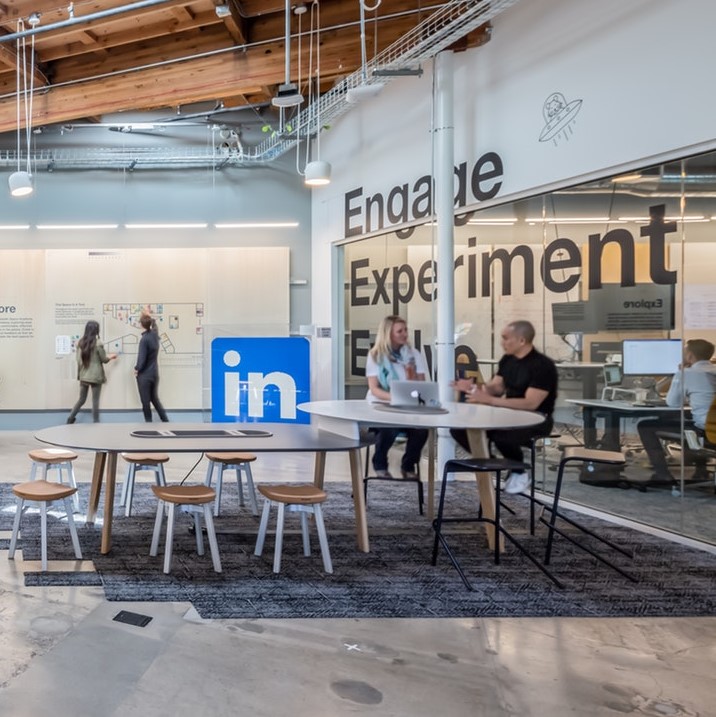










December 10, 2019
Wellbeing is increasingly in the hands of HR and the future looks bright as a result
by Chris Pinner • Comment, Wellbeing